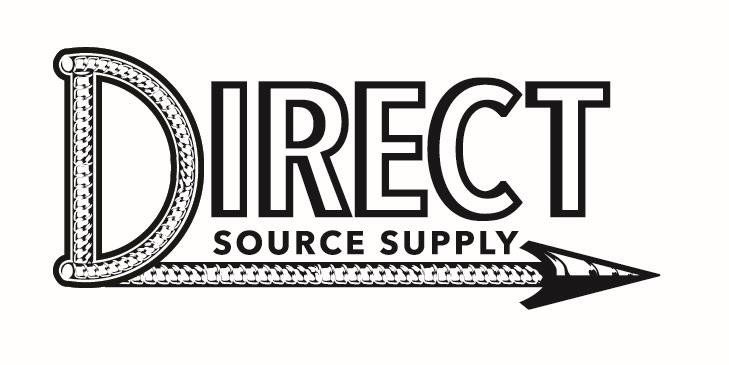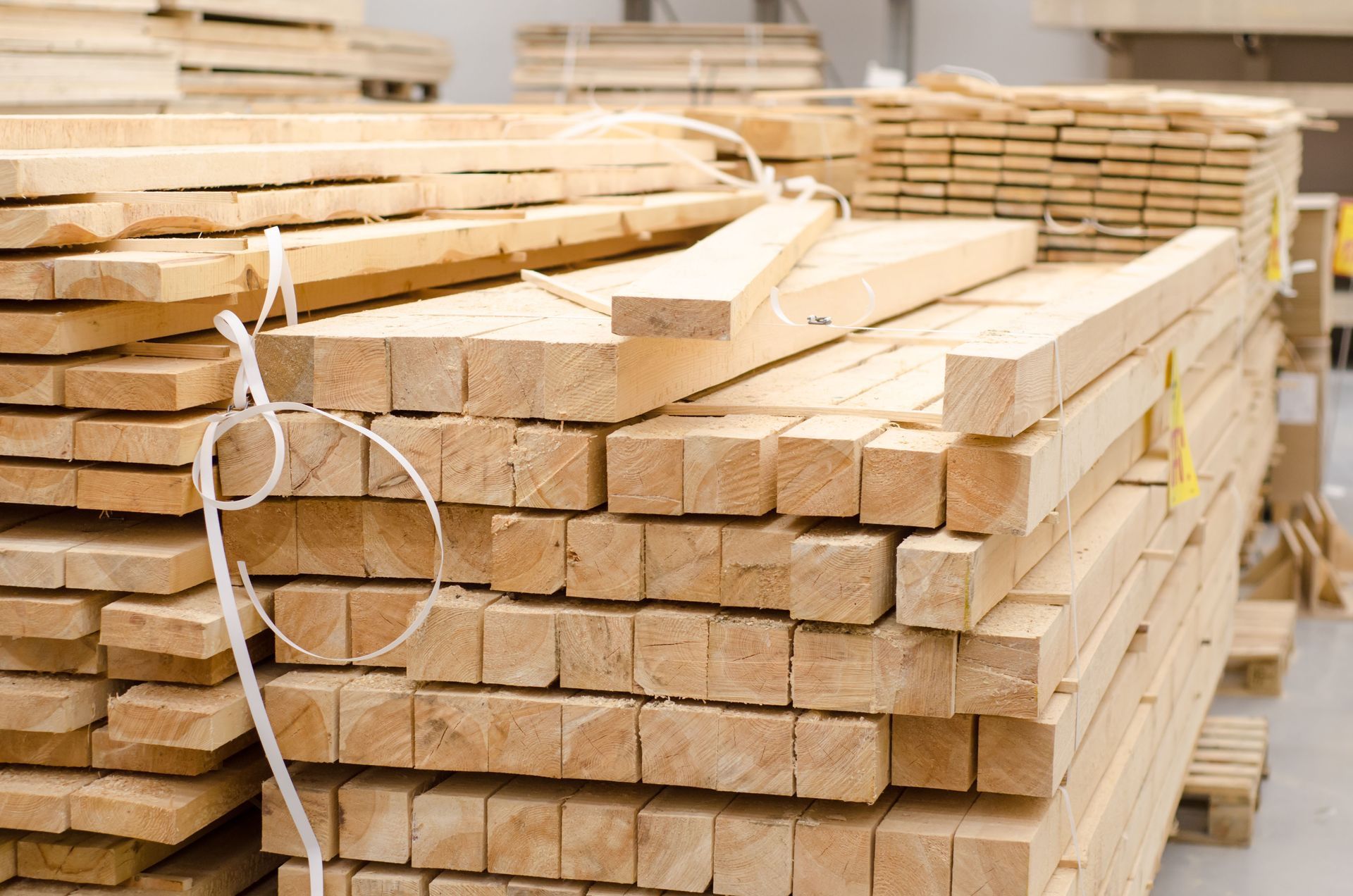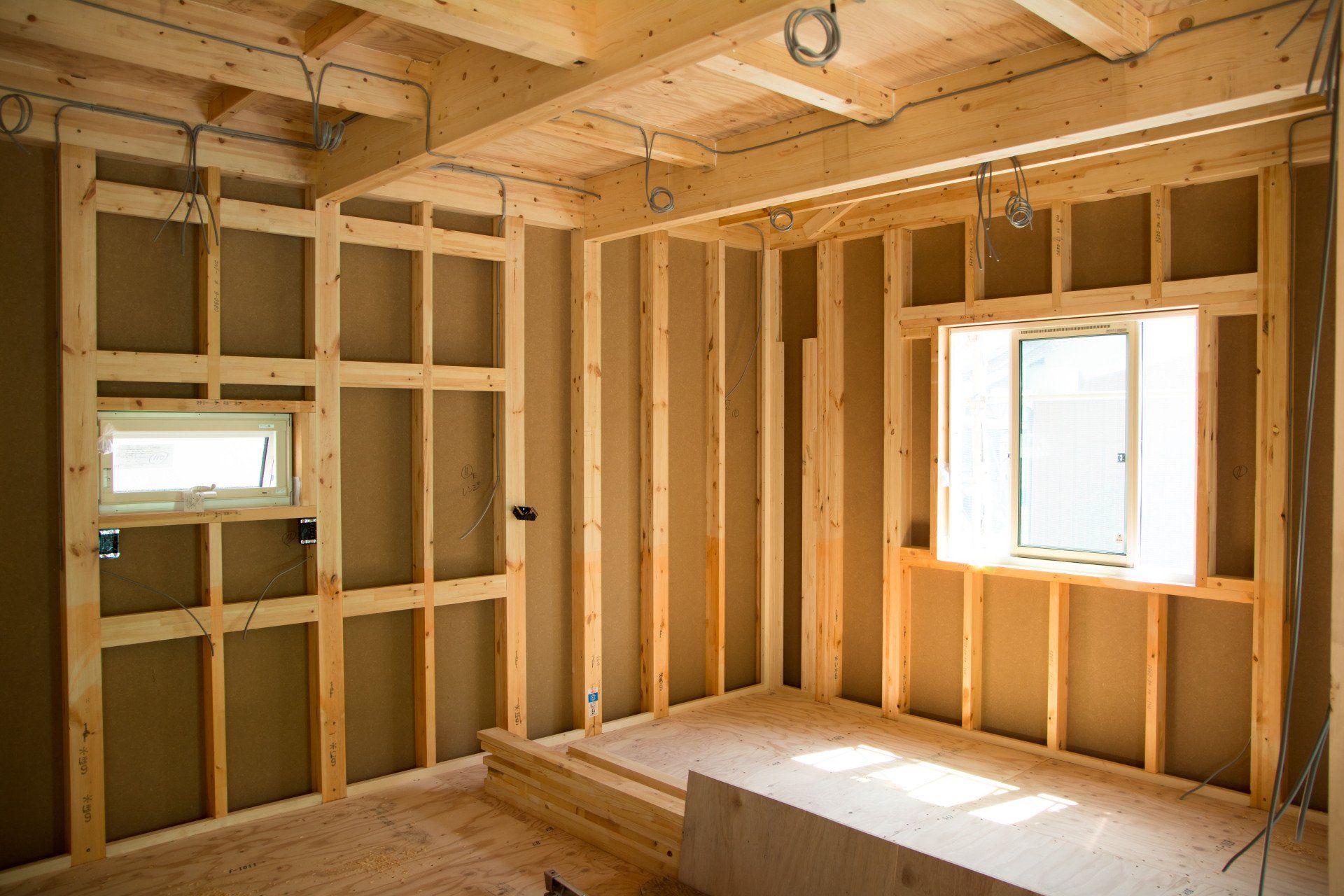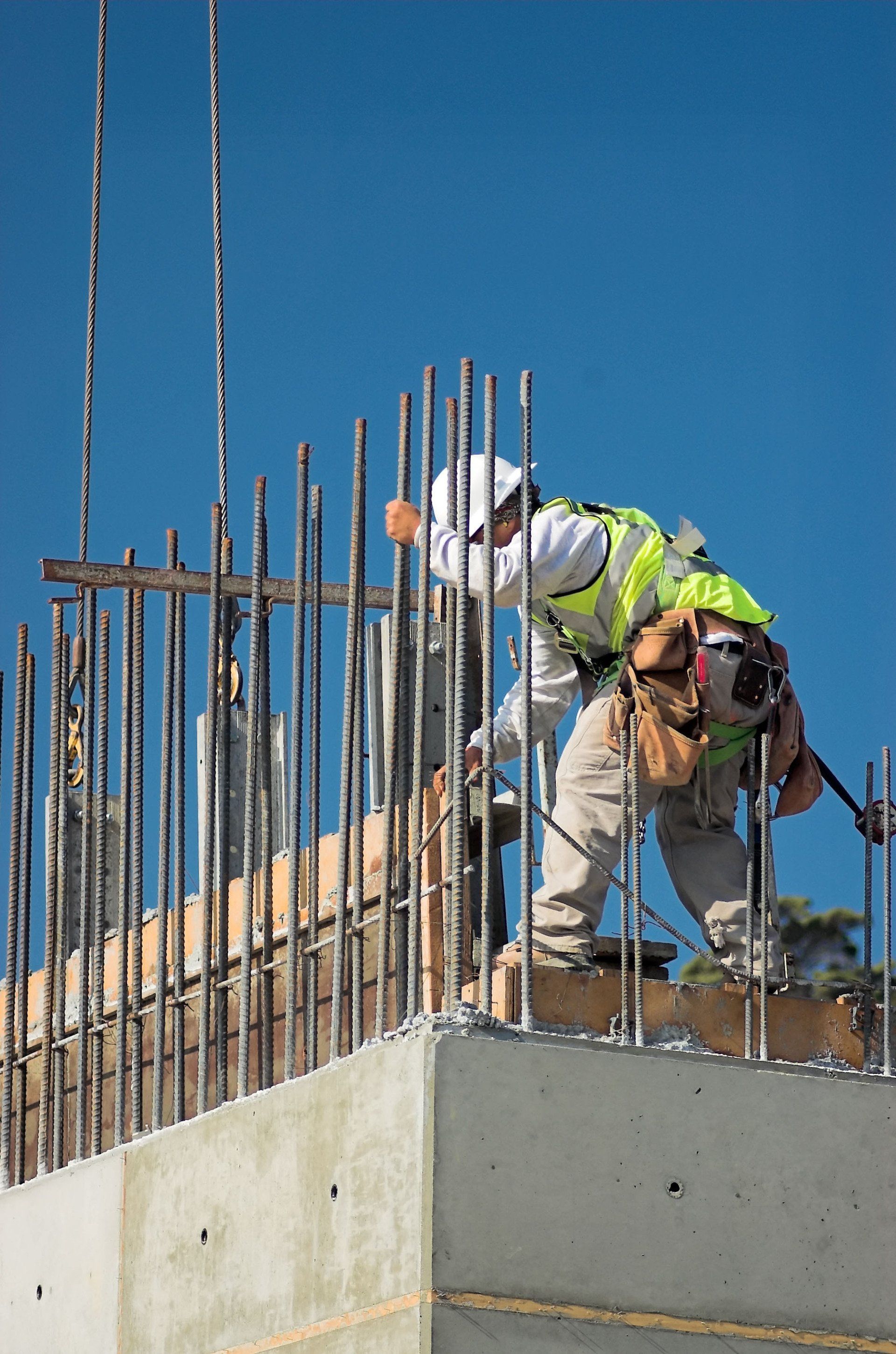What Materials Are Used to Make Rebar Tubing?
In the world of construction, maintaining structural integrity is paramount. Rebar, short for reinforcing bar, is a staple in the construction industry for enhancing the tensile strength of concrete. With that said, what exactly are rebar tubing materials, and why are they so crucial to construction projects? In this blog post, we'll explore the different types of materials used to manufacture rebar and their significance in reinforcing construction frameworks.
Steel
The most common material used for rebar tubing is steel. Steel rebar is favored for its exceptional tensile strength and ability to bond well with concrete. The ribbed surface of steel rebar further enhances this bond, making it particularly beneficial for buildings subjected to heavy loads and stress. Additionally, the flexibility and availability of steel make it an economical choice, contributing to its widespread use in construction.
FRP
Beyond steel, rebar tubing can also be made from fiberglass-reinforced polymer (FRP). FRP rebar presents several advantages, such as being lightweight and non-corrosive. This material is particularly suitable for projects where corrosion resistance is critical, like marine environments or areas exposed to deicing salts. Notably, according to SteelOrbis, the rising demand for FRP rebar is evident as rebar imports totaled 66.9 million in June 2021, signaling a growing inclination towards advanced materials in construction.
Stainless Steel
Another notable material used in rebar production is stainless steel. While more expensive than carbon steel, stainless steel rebar is highly valued for its superior resistance to rust and corrosion. This makes it an ideal choice for structures that require a longer lifespan and reliability under harsh weather conditions or chemical exposures. Infrastructure projects, such as bridges and tunnels, often incorporate stainless steel rebar to ensure durability and minimal maintenance over time.
The choice of
rebar tubing material plays a vital role in the overall performance and longevity of construction projects. While steel remains the go-to material due to its strength and cost-effectiveness, alternatives like FRP and stainless steel offer specific benefits that cater to unique construction needs. Understanding the properties and applications of different rebar materials allows engineers and construction professionals to make informed decisions that enhance structural integrity and sustainability.
Are you interested in ordering rebar for your next project? For over 20 years, Direct Source Supply has been Westchester County's source for concrete, masonry, and other construction materials. Contact us today to learn more about what we currently have to offer!
VISIT US
HOURS
HOURS
CONTACT US
- Main: (914) 471-8988
- Alternate: (914) 921-8100
- Mobile: (914) 921-8100





